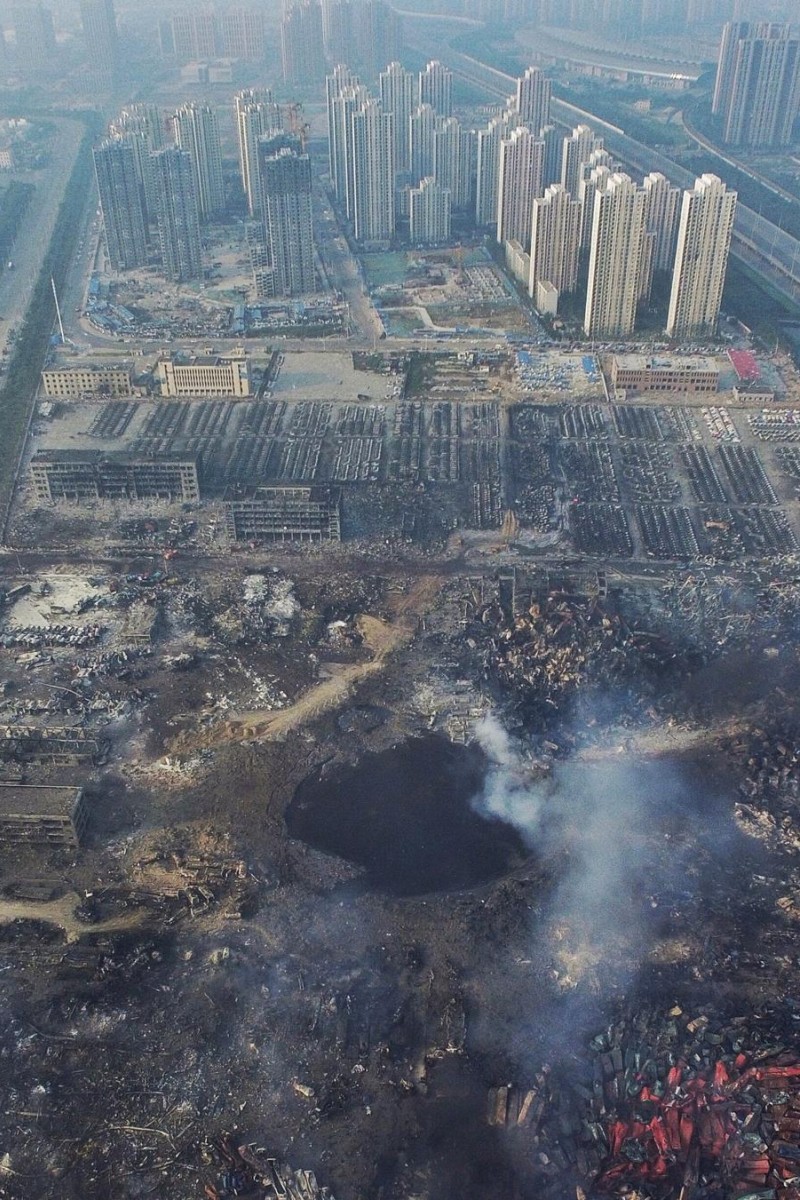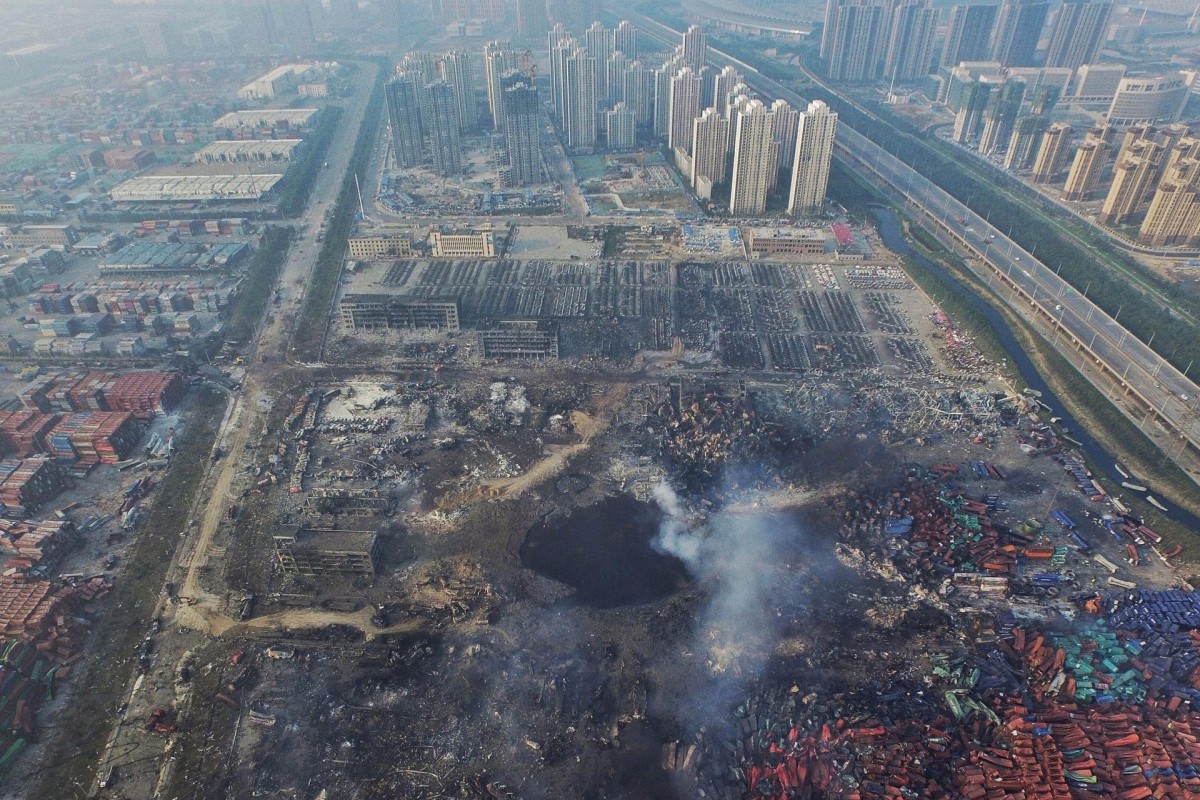
Blame game of autocratic regimes won’t work anymore
 Beijing will have a hard time placating the families of victims killed by the explosion in Tianjin.
Beijing will have a hard time placating the families of victims killed by the explosion in Tianjin.It has become all too easy for autocratic regimes to blame foreign “enemies” to evoke nationalism amid internal woes that have made the public unhappy.
Russia, facing sluggish economic growth, is blaming the European Union and the United States who have imposed sanctions over Russia’s support for the rebels in Ukraine. North Korea, with a starving population and a fickle Kim Jong-un, portrays the South as a military threat, and recently decided to mobilise troops. China is also having a tough time. Battling an economic slowdown and volatile stock markets, it said Japanese Prime Minister Shinzo Abe was “insincere” for refusing to give a proper public apology for his country’s war-time atrocities. To further emphasise China’s struggle against Japan, the Communist Party announced plans to grant amnesty to prisoners who had previously fought against our “next-door bully”.
The main requirement for this kind of campaign to succeed seems to be a population which always trusts the government irrespective of the problems. So there should be no publications like Apple Daily which help ensure civil liberties and government accountability.
In Russia, for example, the government is increasing its pressure on social media, while a rising number of Russians have been banned from leaving the country.
Unfortunately, China is not enjoying the same luck as its former communist partner. Our generation, born into an era of relative peace, globalisation and prosperity, are more likely to remember an inept government from recent times than the atrocities committed by Japan decades ago. With better education and knowledge, we are not fooled by the Communist Party, who owns the world’s richest asset reserves, as they lambast Japan, who has an ageing population and disappointing GDP growth. Even with the 70th anniversary celebrations of China’s victory over Japan still fresh in our memory, we focus more on the failure of Beijing to honour the fallen firefighters of Tianjin .
Netizens were angered by the tragedy and the subsequent lack of explanation from the authorities. So the “online warriors” replaced journalists in investigating the major culprits behind the incident, including the non-existent directors of RuiHai Logistics, the company who owned the explosive storage. The central government will have a hard time placating the families of victims killed by the blast.
While it would certainly earn us our grandparents’ disapproval, we are more impressed by Japan’s democracy and clean government than the crackdown on China’s former domestic security chief, Zhou Yongkang, who was sentenced to life in prison for abuse of power, accepting bribes and revealing state secrets.
In short, China can no longer cling to the ancient expression, “Foreign enemies cause a stronger rule”.
The people have emerged from ignorance to realise that the real enemy lies within – its actually the government bureaucracy rather than the neighbour who spends a lot less on its military than Beijing does. Speaking for teenagers, we would rather have Japanese-style governance than a Japanese apology.